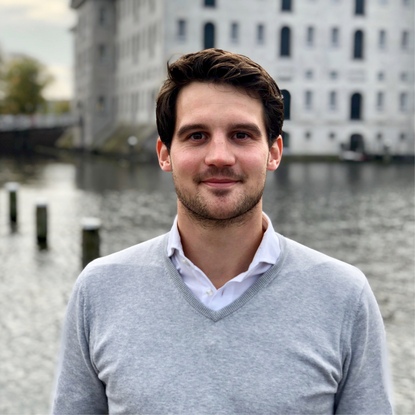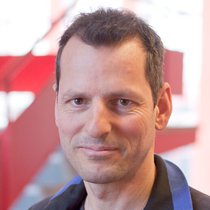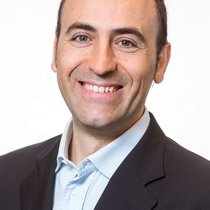To keep the energy transition affordable and to realize minimum demands on the grid, electricity and heat should be generated where it is consumed. By the year 2050 around 50% of the total annual electricity demand can be generated in the city using photovoltaic technology, also known as PV or solar panels. However, city landscapes and roofs full of solar panels, are not considered aestetically appealing, which will lead to social resistance. Therefore, PV and thermal systems (T) should be integrated not only on roofs, but also in facades, roads, pavements, sound barriers, and other surfaces the city is rich.
This also allows the PV(T) technology to be combined with other common functions of buildings (like thermal insulation) or non-building structures. Moreover, PV-integrated products might enable new urban functions like energy storage, air purification and gas conversion.
“Smart PV-powered multi-functional building elements will disrupt building technology status-quo. For good.”
Olindo Isabella
Associate professor & AMS PI
In the research program, the focus is on creating innovations for the urban environment. This ranges from the PV(T) technology on cell level, to module level to system level to urban level. From developing smart technology, to architecturally beautiful integration, to integration of PV(T) in the grid and urban plans. Focussing not only on the PV(T) technology itself, but including integration in a construction with multi-functionalities, facilitating faster installation and easy maintenance. Also, the effects on society and urban living are an integral part of the research.
Solar Urban is a long term research program with focus on the integration of solar energy collection (electric and thermal) in the urban environment. It is a cooperation between AMS Institute and Delft University of Technology, involving the faculties of Architecture and Electrical Engineering (including the solar energy group). The innovations are for all urban environments, but special attention is given to Amsterdam.
| Related Information: |
Principal Investigators
Partners




